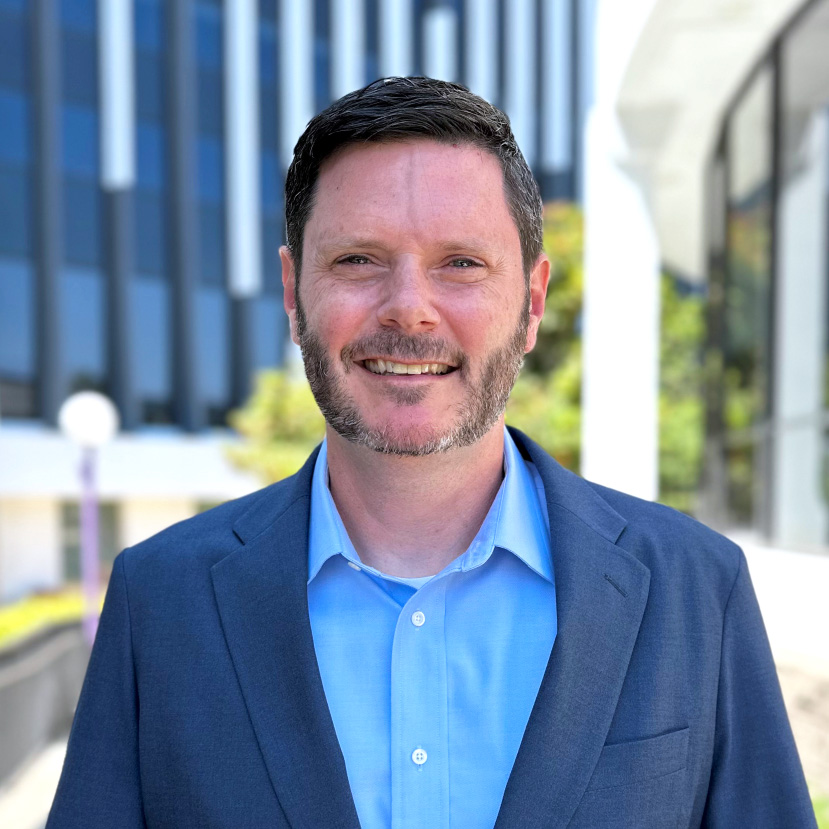
Chicago Insurance Insight: Insurtech’s Impact on Executive Hiring
From billion-dollar capital infusions to the rise of AI-native startups, Chicago has become ground zero for insurtech innovation in 2025. But while digital transformation is grabbing headlines, the real battle is being fought behind the scenes, with firms racing to secure leaders who can bridge regulatory depth with tech fluency.
In this insight, I’ll unpack the wave of innovation reshaping Chicago’s insurance landscape, the talent gaps it’s exposing and what forward-thinking firms are doing to attract and secure the next generation of insurance leadership.
Chicago’s evolution as a risk capital
Chicago has always been a cornerstone of the global insurance landscape. But in 2025, we’re not looking at the same market we were even three years ago. Something more dynamic is emerging: a city at the heart of an insurtech revolution.
Global firms headquartered here are leading that charge. HUB International, one of Chicago’s biggest players, secured a $1.6 billion capital infusion this year, signaling a bold commitment to AI-driven underwriting and digital-first distribution.
You can feel this energy of reinvention all across the city:
- Local insurtech startup Qumis Inc. is automating claims and policy reviews with AI, raising $2.2 million in seed funding this year alone.
- Kin Insurance has seen an astonishing 8,000% revenue surge since 2019, earning them the number one spot on Crain’s Chicago Business list of fastest-growing companies.
- Allstate became one of the first major carriers to join the Chicago Quantum Exchange as a corporate partner, exploring frontier tech like quantum computing to analyze risk and detect fraud faster.
- CCC Intelligent Solutions continues using its AI computer-vision tools to speed up claims estimates for insurers. In 2024, CCC also acquired EvolutionIQ to apply machine learning to casualty and disability claims, aiming to “revolutionize how claims are resolved”.
Beyond AI, I’m seeing increased movement toward embedded insurance models, predictive analytics and early-stage exploration into quantum computing. Legacy carriers know they can’t afford to coast, so they’re pouring investment into digital infrastructure to maintain relevance.
But there’s one challenge even capital can’t easily solve: talent, and that’s where the next competitive edge will be drawn.
The real battleground: Executive talent
Tech and capital might fuel the engine, but it’s people – specifically, leadership with sharp digital capability – that determines whether transformation sticks or stalls.
Technology is now a central lever for attracting emerging talent, younger customers and driving process efficiency across underwriting and core operations. So the need for digital transformation is clear; finding senior leaders who can execute it remains the sticking point.
That tension is playing out in hiring conversations across Chicago. Legacy firms want to modernize, but keep defaulting to leaders who are safer bets on paper, i.e. individuals with a long track record in risk, but little exposure to the tools and thinking driving the sector forward. On the flip side, I’ve seen digitally-native leaders brought into transformation roles who lacked the regulatory nuance to get buy-in from key stakeholders. Both approaches halt progress.
It’s encouraging that 92% of insurance organizations are actively upskilling their underwriting teams, and that 85% of executives recognize tech as a driver of lower turnover. So the intent is there, but closing the leadership gap requires firms to get more strategic and specific in how they think about talent.
Building a Chicago advantage in executive insurance hiring
Many of my clients are currently asking me how they can win in Chicago’s new landscape. Here’s what I tell them:
First, you need to reframe what good leadership looks like. It’s not about hiring someone who has “seen it all.” You need someone who understands the velocity of change and knows how to align culture, process and technology around it. For example, I’m seeing forward-thinking companies rewrite job specs to prioritize traits like transformation stamina, strategic curiosity and the ability to work horizontally across silos.
Second, success comes down to how you compete for hybrid talent. This group (leaders who can bridge insurance operations and digital capability) is in extremely short supply. The firms landing them are doing a few key things differently:
- Selling the mission, not the job. The best candidates want to know what problem they’re being hired to solve and how they’ll be empowered to solve it.
- Using flexible hiring strategies. Interim roles and fractional leadership placements are increasingly part of the strategy, especially during transformation or post-M&A integration.
- Looking locally, acting globally. Chicago’s ecosystem is rich, but not limitless. Firms will get further by tapping national and international networks, then using Chicago’s innovation story as a magnet.
Third, and this is something I stress with every client: you can’t wait for the perfect candidate. You have to bake sustainability into your talent strategy by building strong internal succession pipelines, investing in leadership development, and embedding coaching to accelerate digital learning curves from within.
Why local matters
There’s immense value in working with an executive search partner who’s in the city, plugged into its pulse, and attuned to the specific demands of the Midwest insurance market.
Chicago is different. It sits at the intersection of legacy influence and fast-moving innovation. The talent dynamics here aren’t the same as in New York or San Francisco. Leaders are expected to be pragmatic, grounded and collaborative, but also capable of driving meaningful change in environments that often resist it.
A local partner, like Hanover Search, understands these nuances. We know which leaders can walk that tightrope, which firms are poised for reinvention, and which search strategies resonate with the type of executives who thrive here. We back that local insight with a global network, giving Chicago firms access to world-class talent that aligns with the city’s innovation edge.
Leadership will decide who wins Chicago’s insurtech revolution
Chicago isn’t following the insurtech revolution, it’s helping lead it. The firms that will come out strongest aren’t the ones with the most funding or the flashiest tools. They’re the ones who build leadership teams that can scale innovation without losing sight of what makes insurance resilient.
That’s what I focus on every day: helping insurance organizations across Chicago secure that hybrid, high-impact talent this moment demands.
If you’re navigating these changes and want to talk about how to strengthen your senior bench, let’s have a conversation.




